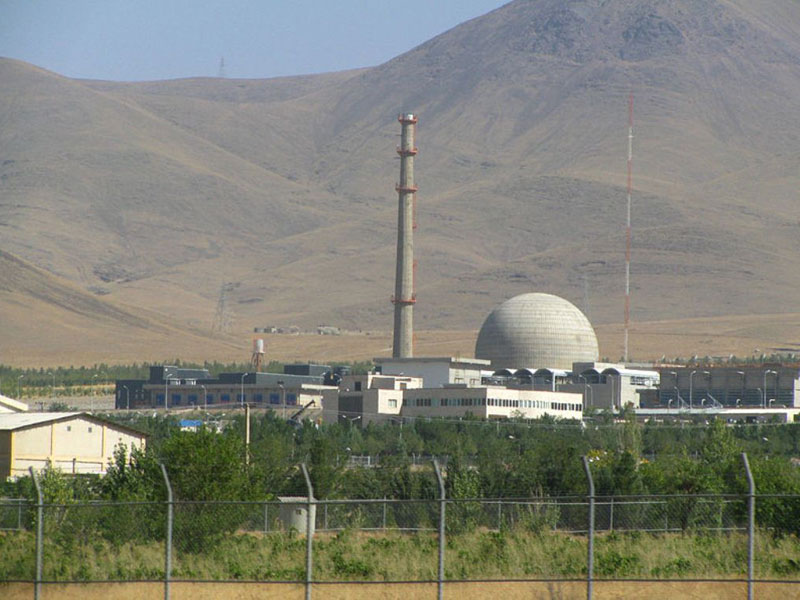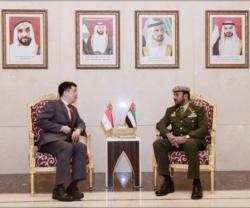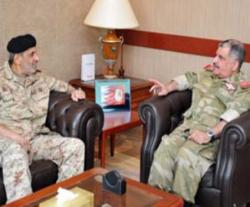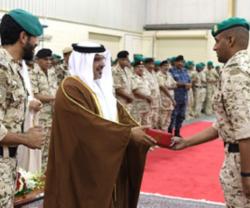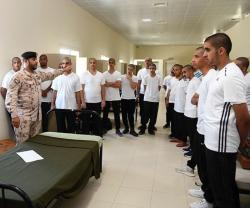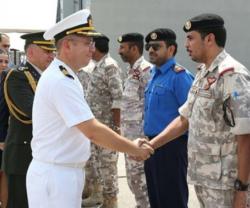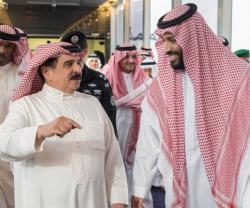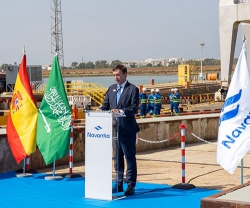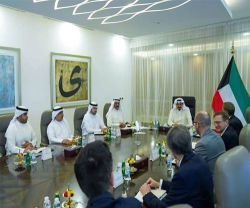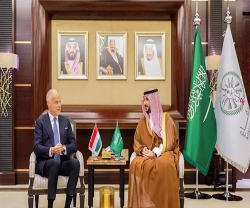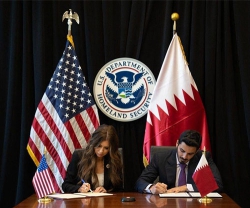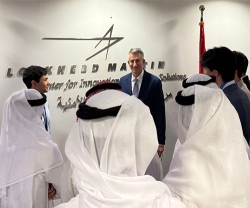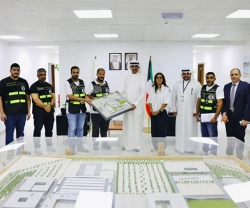He also invited them to meet with him at Camp David this spring to discuss the tentative deal reached between Iran and the P5+1
Under the framework, Iran agreed to sharply curtail its nuclear program in return for the lifting of sanctions that have crippled the country’s economy.
The main outlines agreed after eight days of talks that sometimes went through the night in the Swiss city of Lausanne now have to be finalized in a highly complex agreement by June 30.
The deal requires experts to work out difficult details before a June 30 deadline, and diplomats noted that it could still collapse at any time before then.
Under terms reached on Thursday, Iran would cut back its stockpiles of enriched uranium that could be used to make a nuclear bomb and dismantle most of the centrifuges it could use to make more. Intensive international inspections would prevent it from violating the terms in secret. Washington said the settlement would extend the “breakout time” needed for Iran to make a bomb to a full year, from 2-3 months now.
For Iran, it would eventually lead to the end of sanctions that have cut the oil exports underpinning its economy by more than half over the past three years.
“It's a good deal, a deal that meets our core objectives, including strict limitations on Iran's program and cutting off every pathway that Iran could take to develop a nuclear weapon,” Obama assured Americans on Saturday
“This deal denies Iran the plutonium necessary to build a bomb. It shuts down Iran's path to a bomb using enriched uranium,” he said.
Meanwhile, Iranian President Hassan Rouhani said on Friday: “This is a first step towards productive interactions with the world. Today is a day that will remain in the historic memory of the Iranian nation. "Some think that we must either fight the world or surrender to world powers. We say it is neither of those, there is a third way. We can have cooperation with the world”.
The agreement angered Washington's closest regional ally, Israel. Prime Minister Benjamin Netanyahu declared it could lead to nuclear proliferation, war and even his country's destruction. Israel believes Iran's goal is to destroy it.
The Wall Street Journal (WSJ) said on Friday the Pentagon has been upgrading the biggest bunker-buster bomb in its arsenal even as talks continued over Tehran's nuclear program, readying a weapon that could destroy Iran's facilities if negotiations failed.
Work to improve the design, guidance systems and anti-jamming capabilities on the so-called Massive Ordnance Penetrator began before the latest round of negotiations with Iran started. The most recent test of the 30,000-pound device was in mid-January, the Journal said.
The bomb was created to give the US president options for attacking fortified facilities like Iran's Fordow nuclear installation, which is built into a mountain.
Source: Reuters; WSJ

